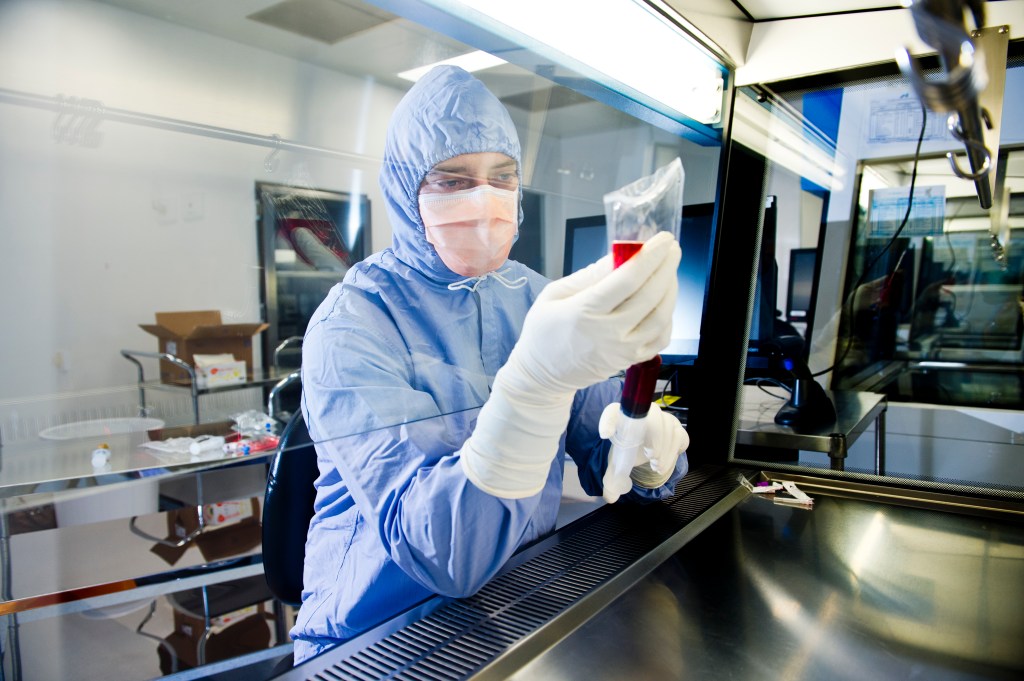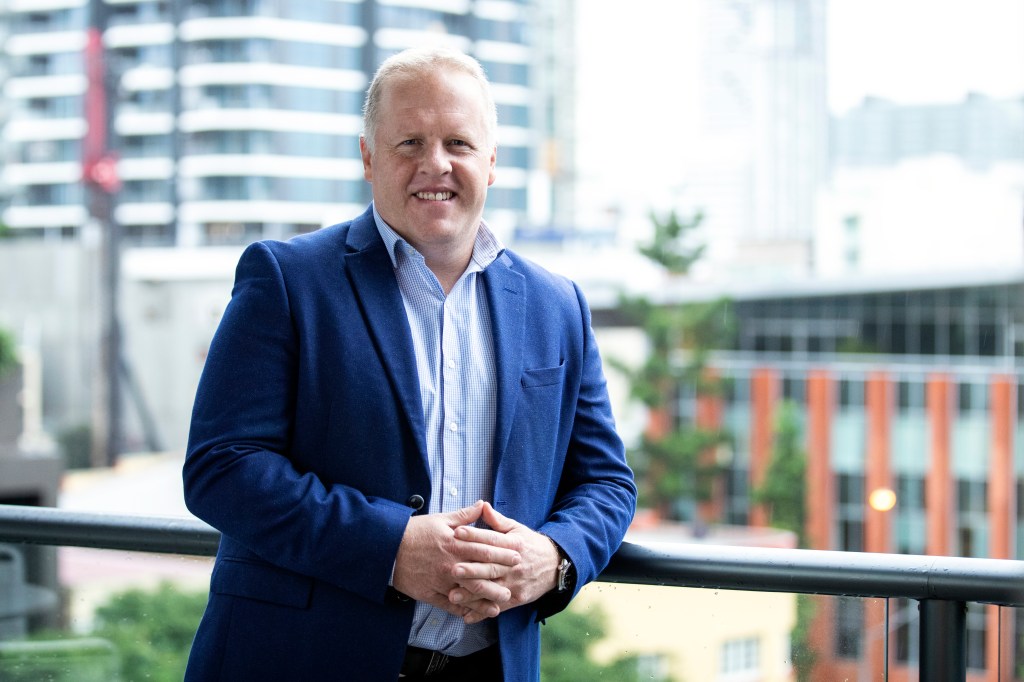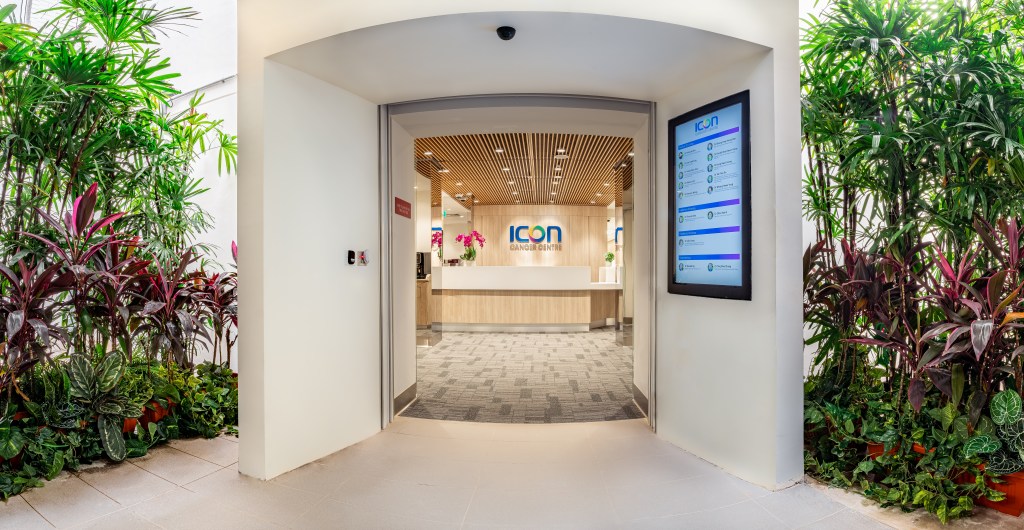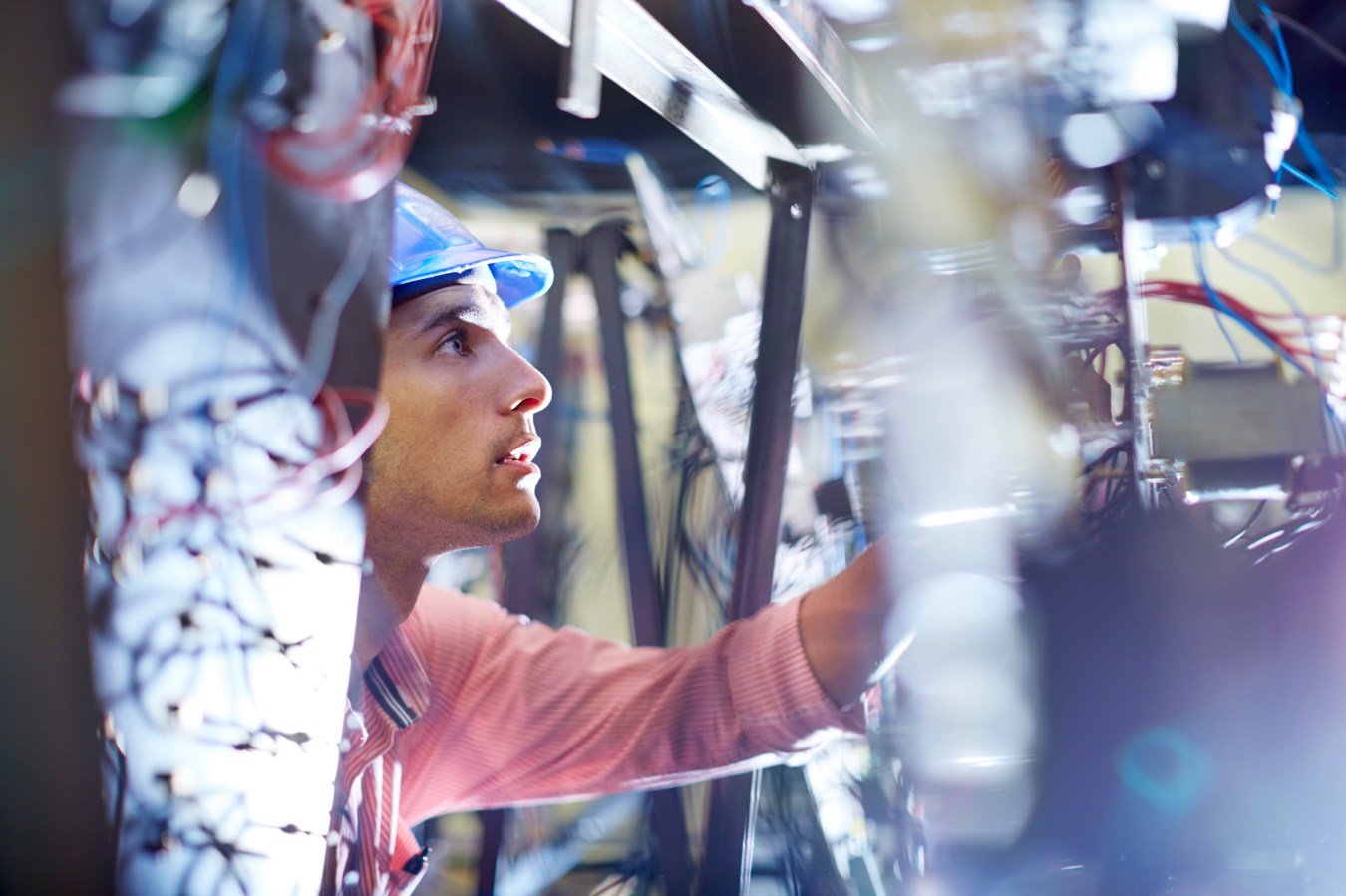This company is bringing cancer treatment to regional centres throughout Australia to make care easier to access for more patients.

Key Takeaways
- Throughout Australia, cancer patients may have to travel great distances for radiotherapy or chemotherapy treatments.
- In Australia in 2022, more than 160,000 cancer cases were diagnosed with almost 50,000 deaths across the 12-month period.
- Icon Group is Australia’s largest provider of private cancer care and operates also in Southeast Asia, China and New Zealand.
World-class, easy-to-access cancer treatments are closer to home for many patients as Icon Group expands the number of regional centres in Australia it operates and grows further overseas.
Innovation in communication has meant “it doesn’t matter where our experts are geographically located,” says Icon Group CEO Mark Middleton.
“We can bring their knowledge to help their colleagues no matter where they’re located. This concept of a network of world-class cancer care is really what has driven us.”
Throughout Australia, cancer patients may have to travel great distances for radiotherapy or chemotherapy treatments. For some the options are restrictive and some choose to forgo treatments because of the difficulties. World Cancer Day is February 4 this year, with a theme of Close the Care Gap.
Icon Group is Australia’s largest provider of private cancer care and operates also in Southeast Asia, China and New Zealand. Middleton started the business with its first radiotherapy centre in Toowoomba, in Queensland in 2007, and it became Icon Group in 2014, with capabilities including chemotherapy, compounding pharmacy services and medical oncology.

“We’re very fortunate in Australia. We have a wonderful healthcare system. But there’s still been a lack of access to really specialised services such as radiation oncology. We’ve harnessed innovation and technology to reach more people,” he says in an interview with Forbes Australia.
Cancer is one of the world’s leading causes of death, according to the World Health Organization. An estimated 20 million people were diagnosed with cancer in 2021, and 10 million died. WHO forecasts these numbers will continue to rise in the decades ahead.
In Australia in 2022, more than 160,000 cancer cases were diagnosed with almost 50,000 deaths across the 12-month period.
The stress of a cancer diagnosis is just the first challenge, and spreads beyond just the person who has received the diagnosis to family, work, and community, Middleton says, and providing care close to home is really important.
“If the treatment you need is an hour and a half away, so a three-hour round trip, and a treatment like radiotherapy is every day, you need to make a choice,” he says. “We want to try and lessen the distances people are travelling because what that brings with it is a pretty devastating choice. If it’s too hard to access the treatment, maybe I won’t have it. That’s a choice that patients and their families are still making every day in Australia.”
In some locations, Icon partners with the public health sector and Middleton says he would like to see more collaboration. “I think that is a real key to the future of cancer care in Australia, and how we can reach more people,” he says.

Icon is still very much focused on growth in Australia, with 30% of its centres in regional areas in the country, but is expanding business in Singapore and has six cancer centres in mainland China.
Innovations in the technology being used has helped doctors and nurses with treatment and training.
“A doctor in a centre in Mildura could be joined by a video conference by our expert in Sydney talking to a patient in Mildura. We can do that globally,” Middleton says. “It’s about removing geographical barriers from expertise and capability. We are also able to deliver training remotely.”
He says one of the biggest barriers to the most effective treatment for patients is getting information.
“A cancer diagnosis gives you a lot to take in. We recently did a survey of cancer patients about the barriers they face in accessing care and one of the top barriers is access to timely information,” he says.
“I’d like to see more partnership between public and private healthcare. I think we’re getting better and better and coordinating that, but we can always do better. My advice would be the information is there. Let’s find a way for you to access it, and let’s try and support you to make an informed decision about your care.”
With research partner Healthcare Management Advisors (HMA), All.Can Australia has been focusing on cancer care navigation.
Professor John Zalcberg, co-chair of the All.Can Australia Steering Committee and Head of the Cancer Research Program, Department of Epidemiology and Preventive Medicine School of Public Health at Monash University, says a more integrated approach to cancer care navigation would make it easier for those diagnosed with cancer to navigate through Australia’s complex health system.
“The efforts to investigate a single model that can benefit all Australians diagnosed with cancer has the potential to transform cancer care delivery. While the economic analysis of our research shows strong return on investment, it is the ability to better utilise existing services and create better connectivity that will make a huge difference to patients,” said Professor Zalcberg.


